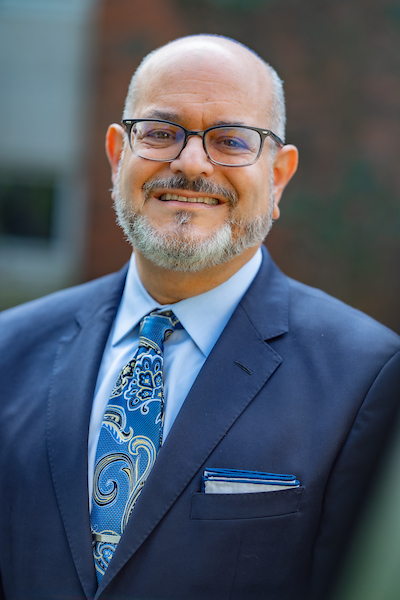"I see that some people at synagogue wear yarmulkes, while others don't. I also know that some Jews wear them all the time, even when they're not at synagogue.
"When are we supposed to wear yarmulkes? Do only boys and men wear them?"
The custom of covering one’s head is based on custom, a minhag, that first appeared during the Rabbinic Period (roughly, from the beginning of the Common Era to 500 C.E.). While there are no references to this in the Torah and no explicit statements in Jewish legal sources about covering the head, among some Jews this custom has taken on the force of religious law. Among Orthodox Jews, men commonly wear a kippah (yarmulke in Yiddish) or cover their heads at all times.
While this practice was at one time discouraged among Reform Jews, it is no longer unusual to see Reform Jews covering their heads when praying.
Many Reform synagogues keep a supply of kippot (plural of kippah) on hand for worshippers. In keeping with the Reform Jewish doctrine of personal religious autonomy, those Jews who find meaning in wearing a kippah should feel free to do so. And in keeping with Reform Judaism’s commitment to equality, both women and men may participate in this observance.
Trying to decide whether you want to wear a kippah? Rabbi P.J. Schwartz writes about how to decide whether wearing a yarmulke is right for you.
Give to the URJ
The Union for Reform Judaism leads the largest and most diverse Jewish movement in North America.

